In recent years, activated charcoal has surged in popularity as a natural remedy for a variety of health and beauty concerns. One of its most talked-about uses is for teeth whitening. You might have seen numerous social media posts or even health stores promoting activated charcoal toothpaste or powders, claiming it can help achieve a brighter, whiter smile. But the question remains: Can activated charcoal really whiten teeth? And what should you consider before jumping on the trend? This article dives into the science behind activated charcoal for teeth whitening, its effectiveness, safety concerns, and how it compares with professional teeth whitening treatments.
What is Activated Charcoal?
Activated charcoal is a form of carbon processed to have small, low-volume pores that increase its surface area. This makes it incredibly absorbent, meaning it can trap toxins and chemicals. Traditionally, activated charcoal has been used in medical settings to treat poisonings and overdoses by absorbing harmful substances in the stomach.
In the context of oral health, activated charcoal is believed to absorb plaque, bacteria, and stains from the surface of teeth. This idea has made it a popular ingredient in toothpaste and DIY whitening treatments.
How Does Activated Charcoal Work on Teeth?
The theory behind using activated charcoal for teeth whitening is that its porous surface attracts and binds to tannins, compounds found in tea, coffee, wine, and other foods that stain teeth. By binding to these compounds, charcoal is supposed to remove surface stains and leave teeth looking cleaner and whiter.
However, it’s important to note that activated charcoal only removes surface stains. It does not affect the deeper discoloration caused by ageing, medication, or genetics. This means it may provide some cosmetic improvement but won’t dramatically change your natural tooth colour.
Is Activated Charcoal Effective for Teeth Whitening?
The evidence supporting activated charcoal’s effectiveness for teeth whitening is mostly anecdotal, with limited scientific research available. Some small studies suggest it can help reduce surface stains and improve oral hygiene by removing plaque and bacteria. However, there is no conclusive proof that it is more effective than standard whitening toothpaste or other over-the-counter products.
Furthermore, because activated charcoal is abrasive, frequent use could wear down tooth enamel over time. This enamel erosion can lead to increased sensitivity and even worsen tooth discoloration, the opposite of what users hope to achieve.
Safety Concerns and Potential Risks
Activated charcoal is generally considered safe when used occasionally, but there are some important safety considerations to keep in mind:
- Abrasiveness: Charcoal’s gritty texture can be harsh on enamel if used too often or vigorously. Enamel erosion is irreversible and can expose the underlying dentin, making teeth more sensitive and prone to decay.
- Gum Irritation: Improper use may irritate gums, leading to discomfort or inflammation.
- No Fluoride: Unlike many toothpastes, charcoal powders often lack fluoride, which is essential for strengthening enamel and preventing cavities.
- Staining Risk: If not rinsed properly, charcoal particles might get trapped between teeth or under gums, causing temporary black staining.
For these reasons, dental professionals generally recommend using charcoal-based products sparingly and under guidance.
Activated Charcoal vs Professional Teeth Whitening
If you’re serious about achieving a noticeably whiter smile, professional teeth whitening remains the gold standard. Unlike charcoal, professional treatments use scientifically formulated bleaching agents like hydrogen peroxide or carbamide peroxide to penetrate the enamel and break down deeper stains. This results in a more uniform and longer-lasting whitening effect.
Moreover, professional teeth whitening is performed or supervised by dentists, ensuring the process is safe, tailored to your needs, and minimises risks such as sensitivity or gum irritation.
Professional Teeth Whitening Cost
One common concern for many is the professional teeth whitening cost, which can vary depending on the clinic, treatment type, and your location. In Australia, professional whitening treatments typically range from $300 to $1,000 or more. While this might seem pricey compared to charcoal products, the results are more effective, reliable, and longer-lasting.
Many dental practices offer payment plans or package deals, making professional whitening more accessible. Additionally, the investment in professional care can save you from potential damage or disappointing results from unproven home remedies.
What Should You Know Before Trying Activated Charcoal?
If you’re tempted to try activated charcoal for whitening, here are some tips to consider:
- Use it sparingly, no more than 2-3 times a week, to reduce enamel wear.
- Choose products that have been tested for safety and quality.
- Avoid using it aggressively; gentle brushing is sufficient.
- Continue to use fluoride toothpaste and maintain good oral hygiene.
- Consult your dentist before starting any new whitening regimen, especially if you have sensitive teeth, gum disease, or dental restorations.
Summary
Activated charcoal has gained popularity as a natural teeth whitening remedy, primarily due to its ability to remove surface stains through absorption. While it may provide some cosmetic benefit, the scientific evidence supporting its effectiveness is limited, and the abrasive nature of charcoal poses risks to enamel and gum health if used improperly. For those seeking a truly effective and safe solution, professional teeth whitening remains the most reliable option. Although the professional teeth whitening cost can be higher than over-the-counter or home remedies, the results are typically more dramatic, longer-lasting, and come with professional supervision to protect your oral health. In the end, maintaining good oral hygiene, reducing consumption of stain-causing foods and drinks, and consulting a dental professional are the best strategies for a healthy, radiant smile—whether you opt for activated charcoal or professional treatment.
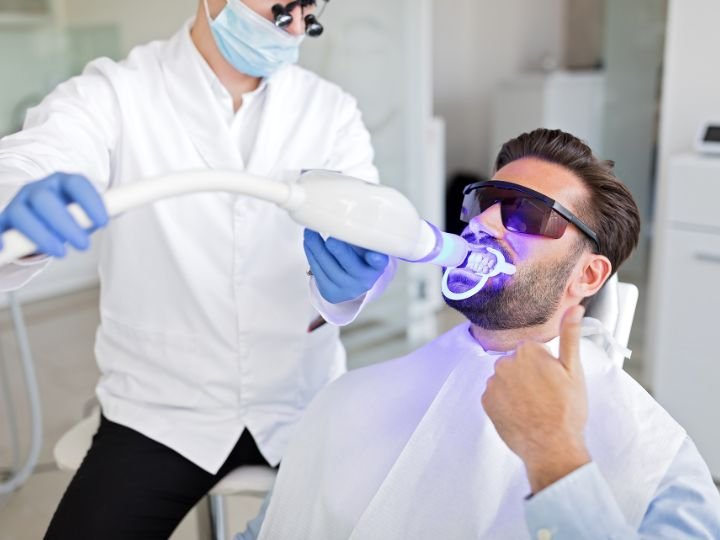

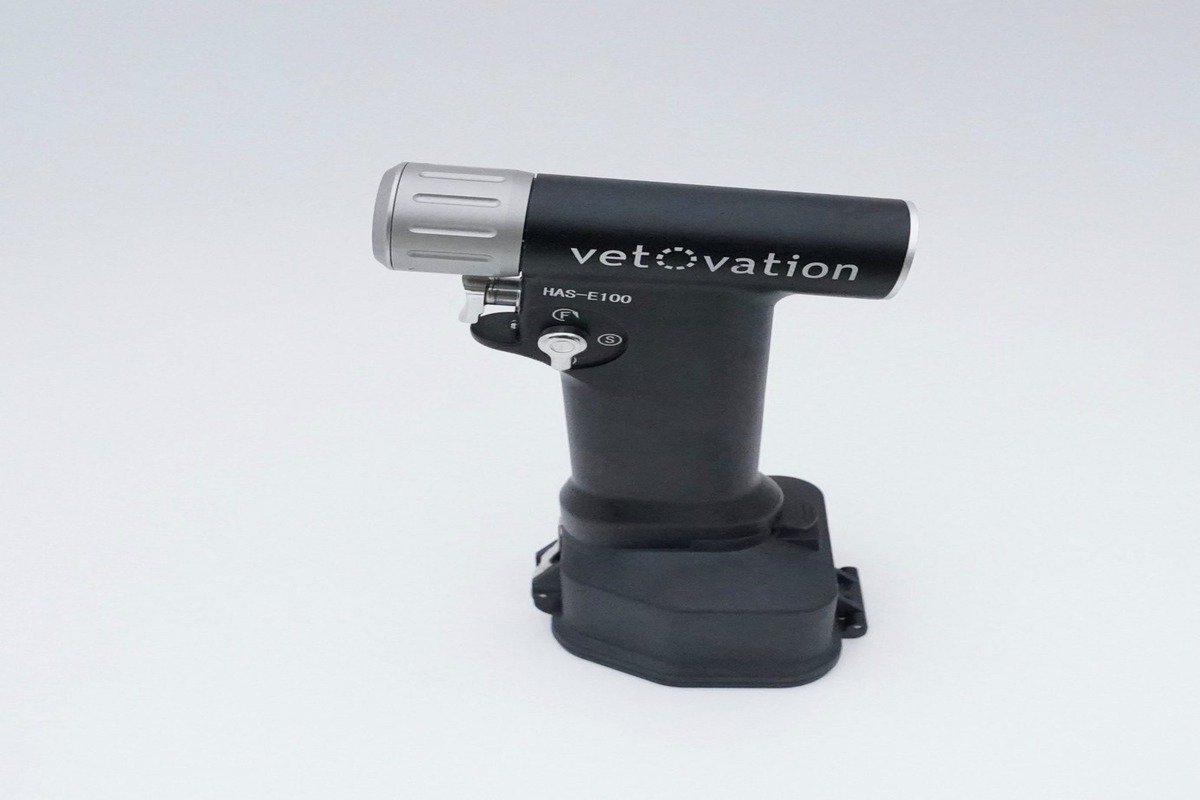

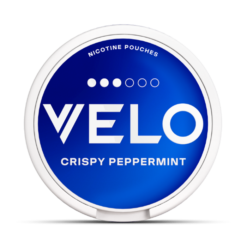


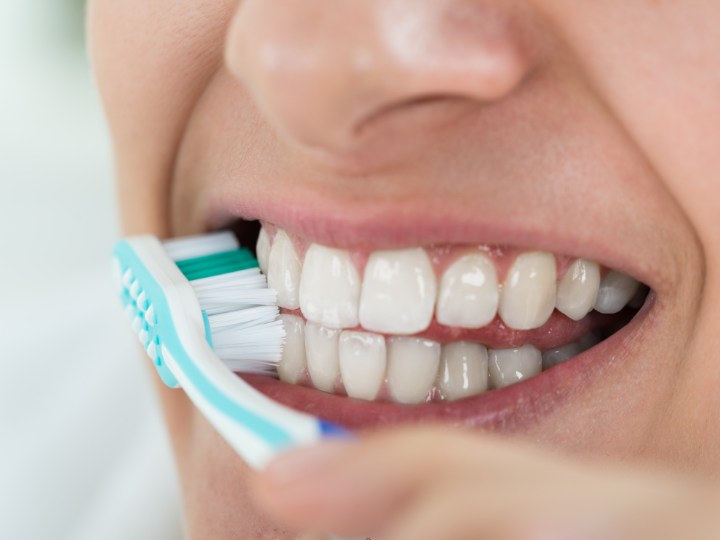
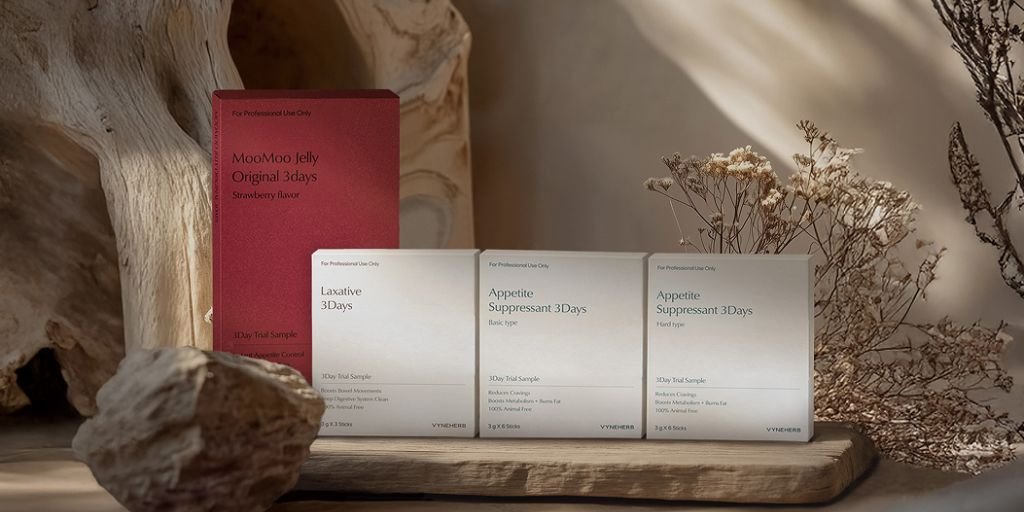
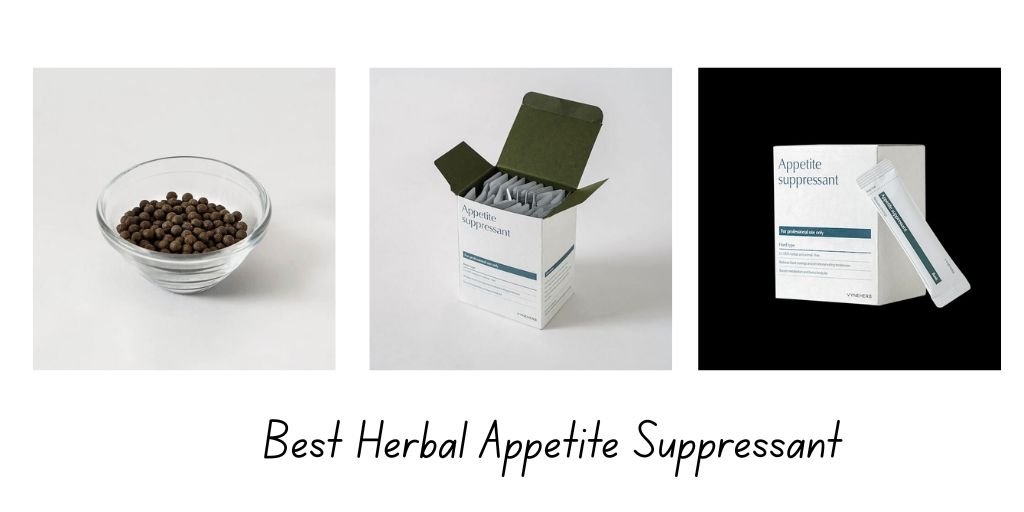





Leave a Reply